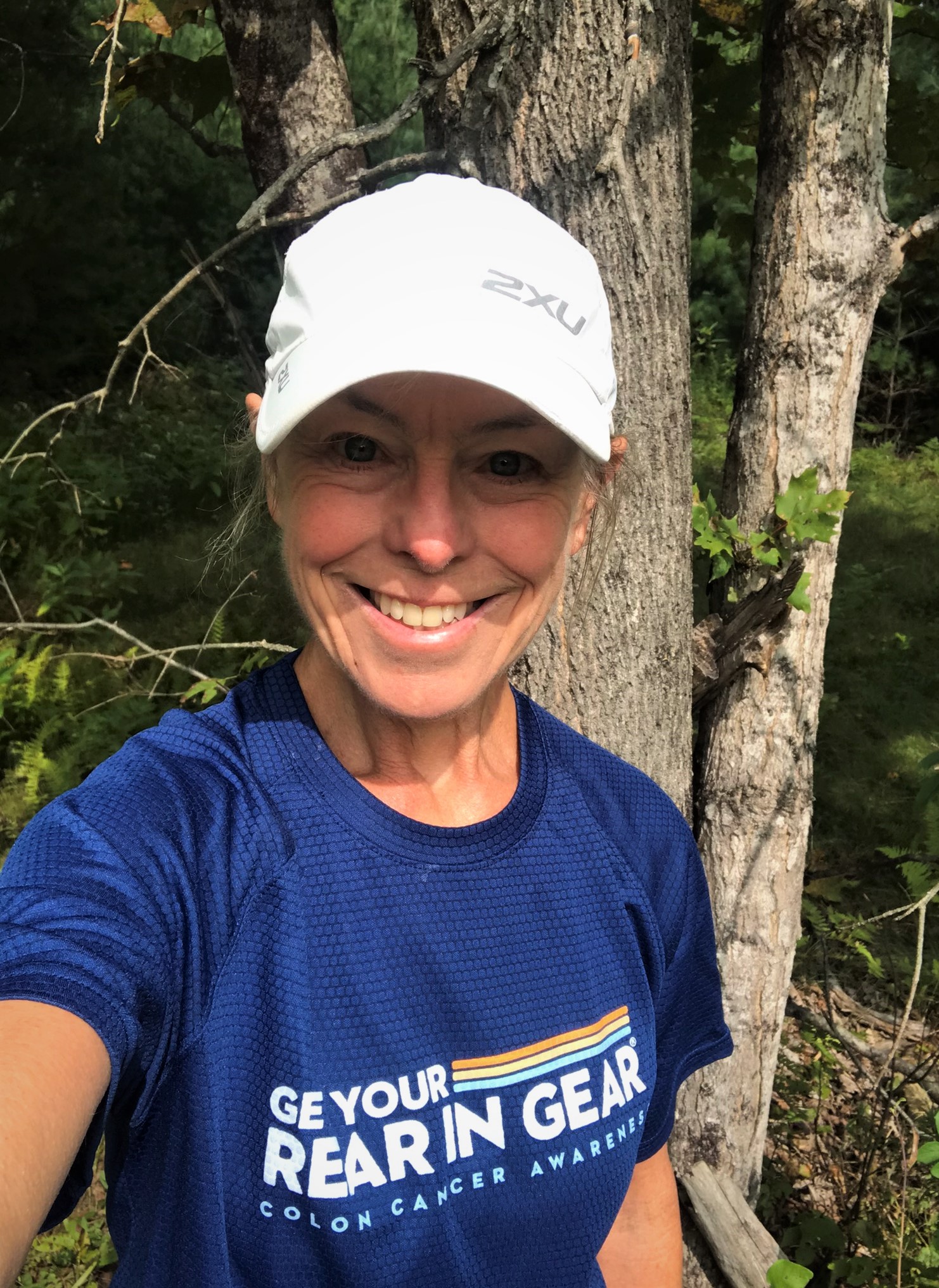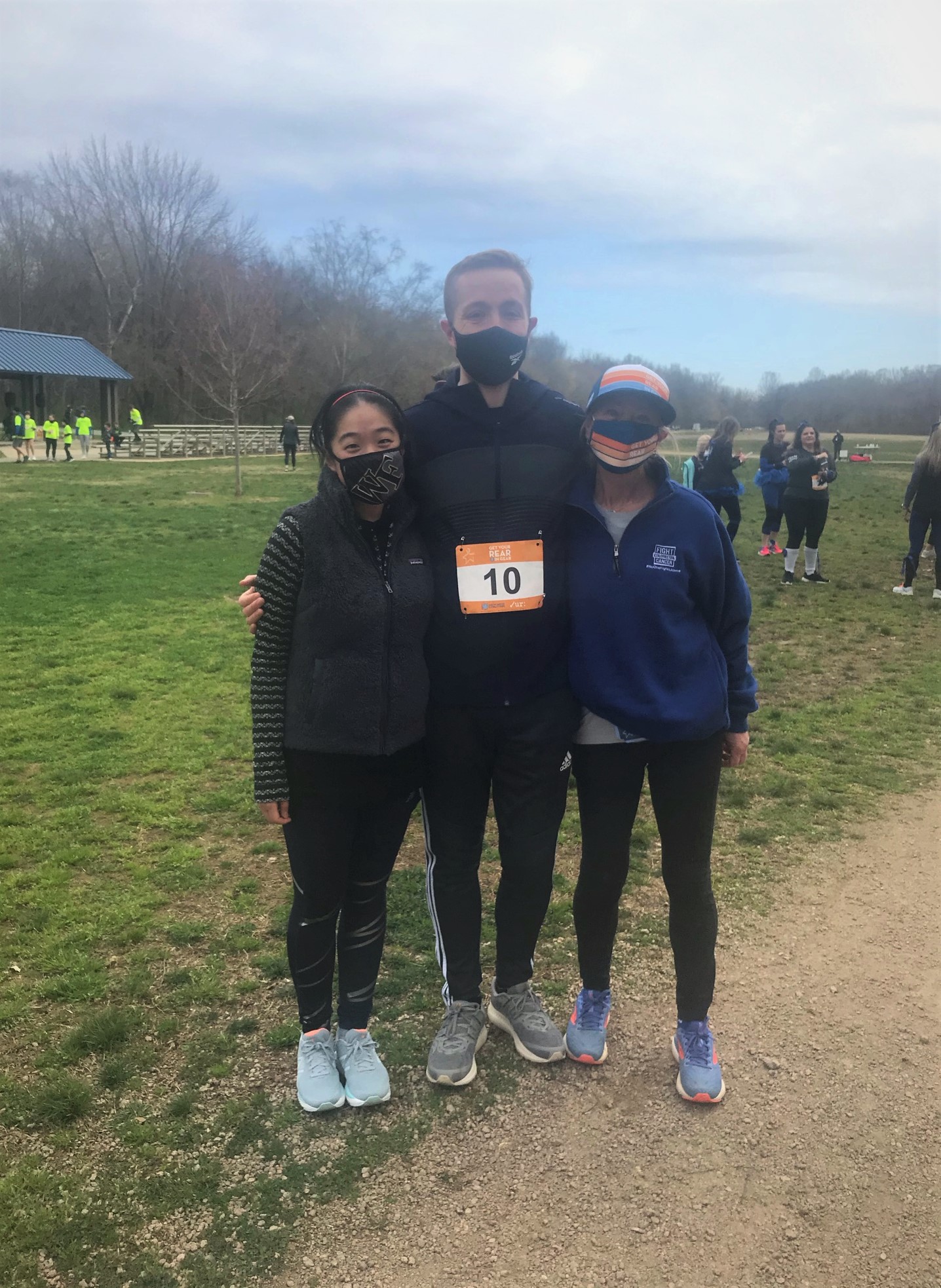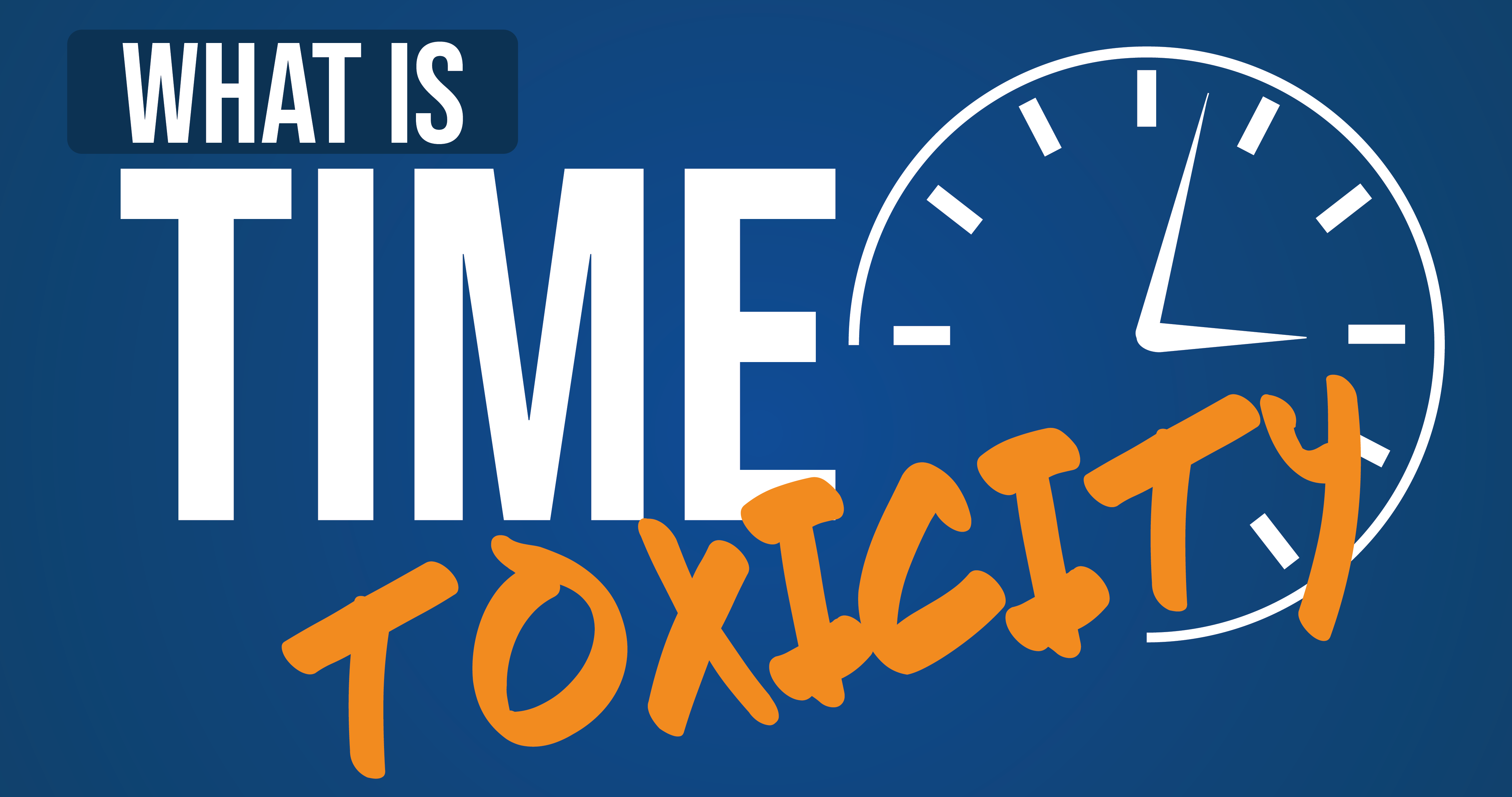
I always felt I was responsible for my health. I followed a balanced nutritious diet, exercised, had a fulfilling job, many hobbies and had a low stress lifestyle. Because of this, I only went to the doctor for things that I felt were absolutely necessary. Basically just for vaccinations or when I was pregnant. Since I felt I had no “risk factors” I did not go for regular recommended screenings or checkups.
When I first started experiencing digestive/bathroom issues, nausea, and light bleeding I passed them off as an age issue (I was fifty-three years-old) plus my rigorous workout schedule, including training to run a marathon. I waited over three years, until all of these symptoms greatly changed in intensity, affecting all aspects of my life, work, social events, and home life. Only then did I finally go to the doctor!
 In May 2016 I was diagnosed with stage III rectal cancer. I was so angry and felt I shouldn’t be getting cancer! Even my twin sister was spared this! I knew nothing about colorectal cancers and didn’t know anyone who had this! On top of this, to involve such an unglamorous and embarrassing body part.
In May 2016 I was diagnosed with stage III rectal cancer. I was so angry and felt I shouldn’t be getting cancer! Even my twin sister was spared this! I knew nothing about colorectal cancers and didn’t know anyone who had this! On top of this, to involve such an unglamorous and embarrassing body part.
Needless to say, after being diagnosed, I found out truly how prevalent this cancer is and that I actually did know others that had it. Which is when I found out that this type of cancer was not discussed openly or advertised! I was beyond fortunate that I got a truly outstanding medical team! They spent a considerable amount of time explaining rectal cancer, my specifics, treatment, and what to expect at each phase. I appreciated so much how they took the time to get to know me, understand my goals and my perspective of wanting to do as much as possible in my life.
I did daily oral chemotherapy/radiation for six weeks, surgery(lower pelvic resection/ileostomy) under ERAS protocol, chemotherapy (FOLFOX 5FU) for six months and a final surgery, a reversal of my ileostomy.
My team stayed involved and supported me every step of the way, strategies of dealing with the body/physical changes throughout and to adapt for my activity level. I was able to maintain my running, swimming, hiking, skiing throughout all. And importantly the words of encouragement were just as powerful as the actual medical piece.
Finally, the most impactful piece of all. After being there for me and listening to my story, my youngest son started having his own concerns. My colorectal surgeon was able to get him right in for a colonoscopy. Despite him being only 21 years old at the time, precancerous polyps were found. They were able to be removed, preventing him from developing cancer! My other son was also screened and luckily had no evidence. Our experience gave all of us the incentive for maintaining a balance. It reminded us to do what you can to stay healthy, but that you also need to follow through with regular medical checkups/routine screenings.
also screened and luckily had no evidence. Our experience gave all of us the incentive for maintaining a balance. It reminded us to do what you can to stay healthy, but that you also need to follow through with regular medical checkups/routine screenings.
My journey made me want to do more, to educate others about colorectal cancer, and give back from my experiences in hopes of helping others. I was able to find ways to get involved, including speaking engagements on cancer and my treatments, and interviews for hospital newsletters discussing colorectal cancer. I became a committee member for Get Your Rear in Gear – Charlotte, participated in Call-on Congress for Colorectal Cancer, became a Novant Health Charlotte Marathon Ambassador, and I volunteer for and am an ambassador with RunningWorks. I also made financial donations to fund a family friendly colorectal cancer consult room at Novant Health Presbyterian Medical Center so that CRC patients can access services at Novant Health Integrational Medicine Department in Charlotte.
I’m passionate about bringing awareness of colorectal cancer, stressing the importance of screening, signs to look for and the vital importance of more research to explore factors that contribute to developing colorectal cancer, particularly in early onset cases.
RETURN TO FACES OF BLUE SIGNS & SYMPTOMS CANCER AND GENETICS

